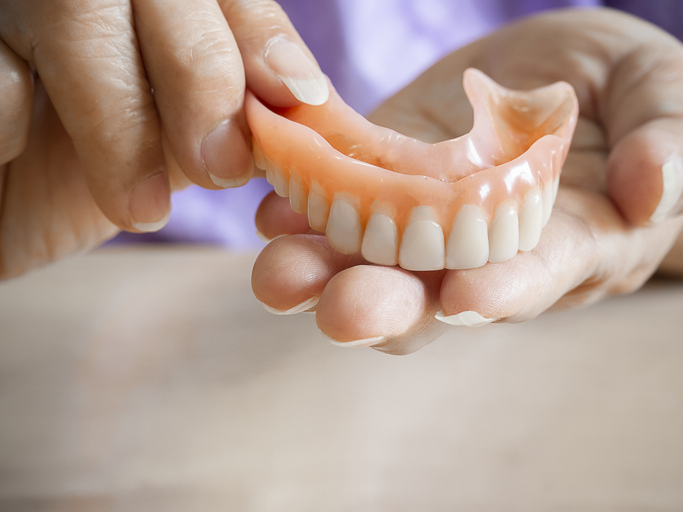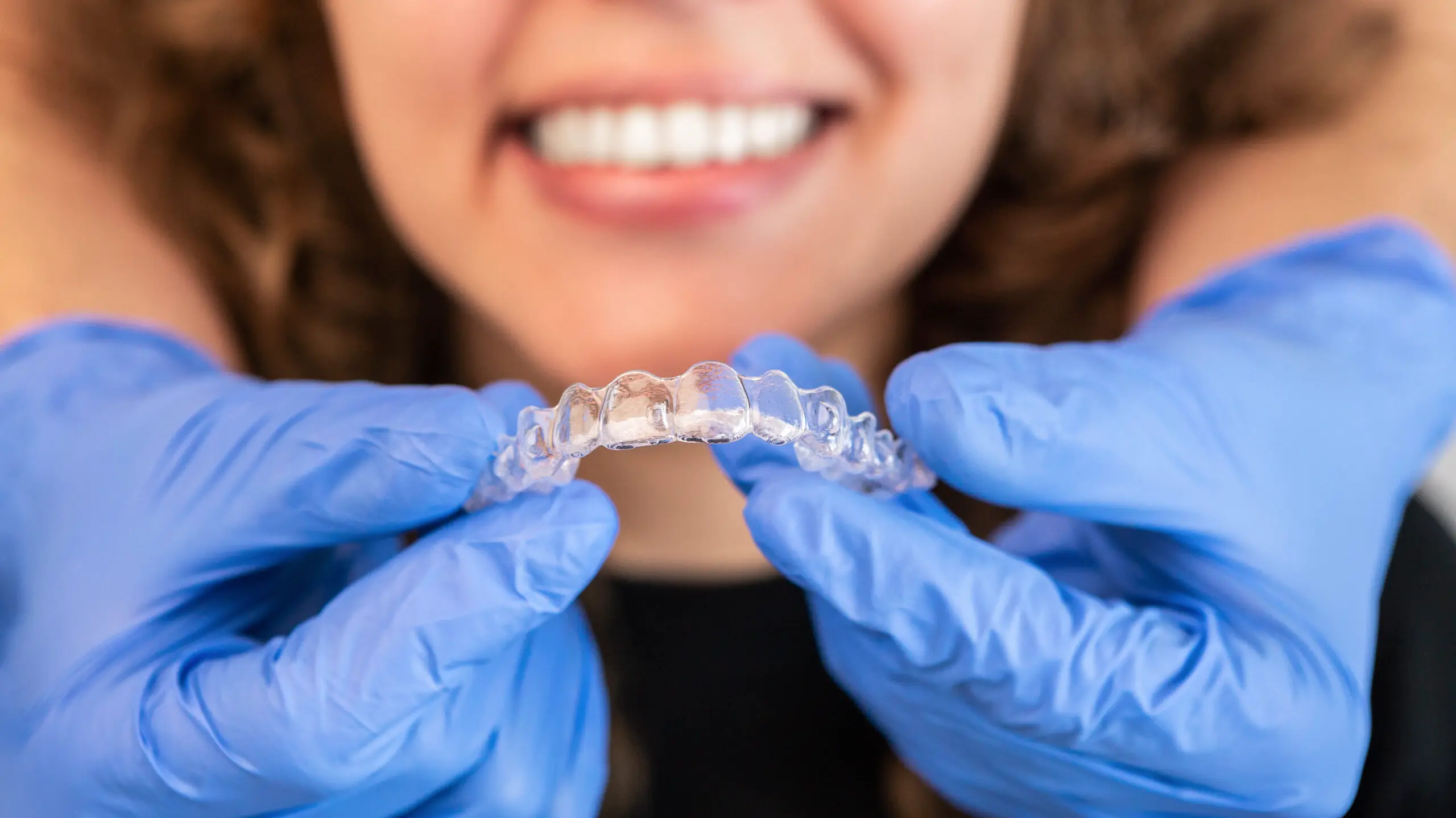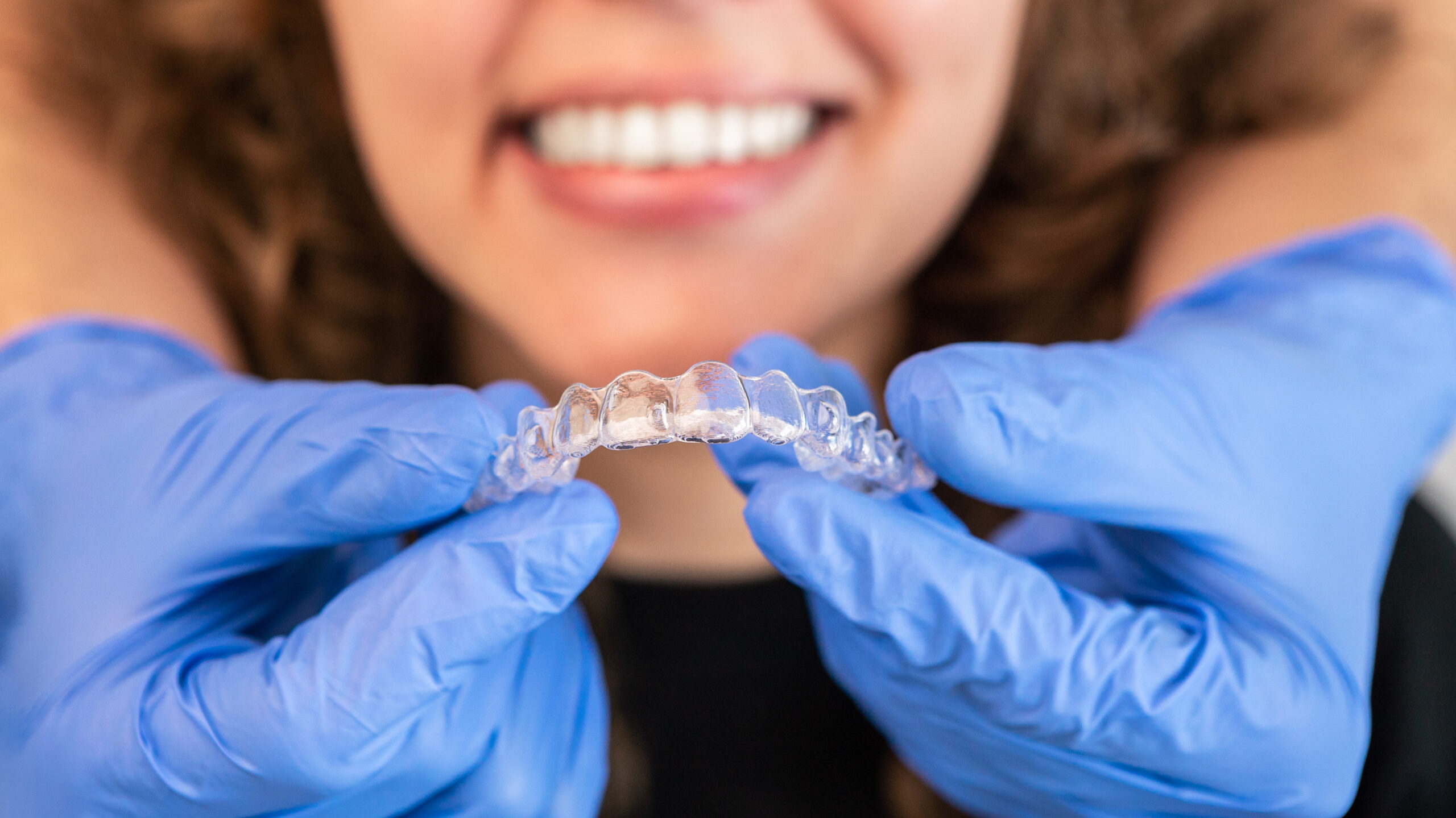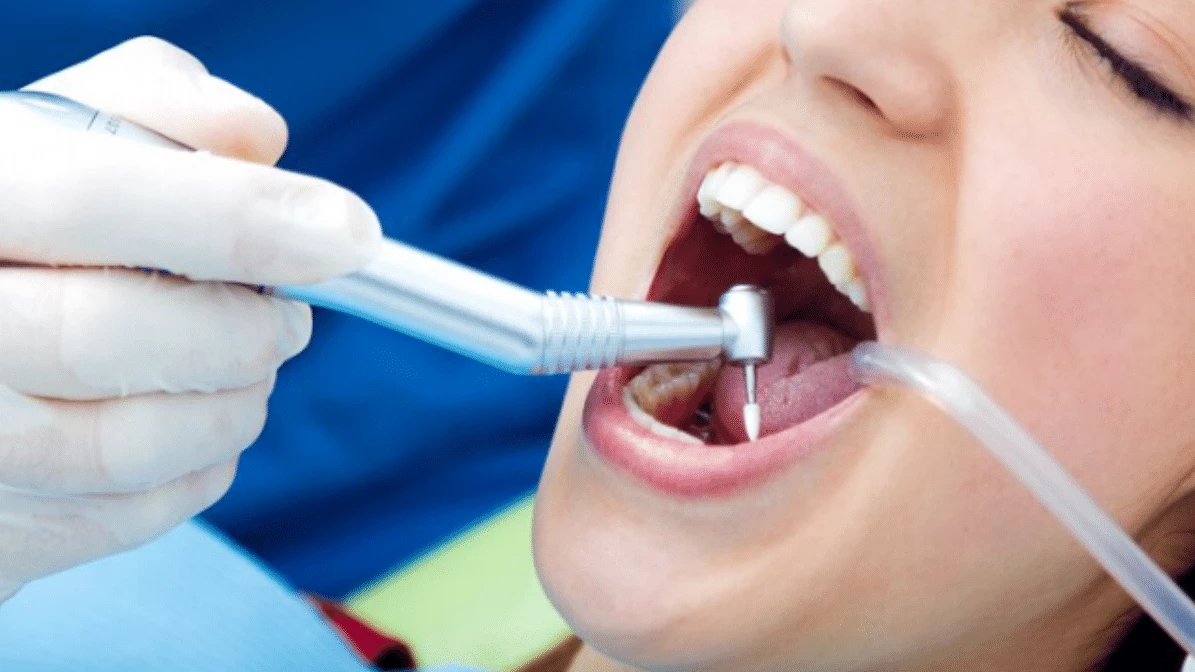Why is teeth cleaning important? Well, even with regular brushing and flossing, there are areas in your mouth that are hard to reach and clean effectively. Over time, plaque and tartar can build up, leading to dental issues like cavities, gum disease, and bad breath. That’s where our skilled dental hygienists come in.
At Cornerstone Dentistry, our team of experienced professionals is dedicated to making your teeth cleaning process as comfortable and thorough as possible. Our state-of-the-art equipment and gentle techniques ensure that your teeth are cleaned effectively without causing any discomfort.



Highly Knowledgeable & Experienced Professionals to Serve You

During your teeth cleaning appointment, our friendly hygienists will carefully remove plaque and tartar from your teeth using specialized instruments. They will also perform a thorough examination of your gums and teeth to check for any signs of potential problems. This helps us detect issues early on, allowing us to provide prompt treatment and prevent further complications.
We understand that each patient’s needs are unique, which is why we tailor our teeth cleaning approach to suit your specific requirements. Whether you have sensitive teeth or specific concerns about your oral health, our team will address them with care and professionalism.
Remember, a healthy and bright smile starts with basic oral hygiene and regular dentist visits. These recommendations will keep your teeth strong, white, and beautiful for years. So brush twice daily, floss daily, use the correct products to keep your mouth clean, and frequent dental examinations and cleanings. These simple steps can preserve your grin for life!
What Happens During a Dental Cleaning?
A dental cleaning, also known as a dental prophylaxis, is a vital part of maintaining good oral health. It’s typically carried out by a dental hygienist or a dentist. During this process, several important steps are taken to ensure that your pearly whites stay healthy and happy.
First off, your dental professional will begin by examining your teeth and gums. They’ll check for any signs of cavities, gum disease, or other oral health issues. This step helps them identify any areas that may need special attention during the cleaning.
Next up is the removal of plaque and tartar. Plaque is a sticky film that forms on your teeth, harboring bacteria that can cause tooth decay and gum disease. Tartar, on the other hand, is a hardened plaque that can’t be removed by regular brushing alone. Using specialized tools, your dental pro will gently scrape away these unwanted guests from your teeth and along the gumline.
After the plaque and tartar have been dealt with, it’s time for some polishing! A gritty toothpaste-like substance is applied to your teeth and polished with a rotating brush. This helps remove any remaining stains or plaque buildup, leaving your teeth feeling smooth and looking shiny.
Once your teeth are all sparkly clean, it’s time for the grand finale – flossing! Your dental professional will carefully floss between each tooth to remove any lingering debris and ensure that no nooks or crannies are left untouched.
Throughout the cleaning process, you may also receive fluoride treatment. Fluoride is a mineral that helps strengthen your teeth and protect against tooth decay. Your dentist may apply a fluoride gel or varnish to give your teeth an added boost of protection.
And there you have it – a run-down of what happens during a dental cleaning! It’s a simple yet crucial procedure that helps keep your teeth and gums in tip-top shape. Remember, regular dental cleanings are recommended every six months to maintain optimal oral health.
Types of Teeth Cleaning
Disease Prevention
Disease prevention techniques go beyond the surface-level cleaning of your teeth. It involves techniques and practices that aim to minimize the risk of developing common dental problems such as cavities, gum disease, and bad breath.
One of the main components of disease prevention is professional dental cleanings. Regular visits to your dentist are vital for removing plaque and tartar buildup that cannot be effectively removed through brushing alone. This thorough cleaning helps prevent the development of tooth decay and gum disease.
Another aspect of disease prevention is education. Dental professionals play a crucial role in educating patients about proper oral hygiene techniques and habits. They can provide guidance on the correct brushing and flossing methods, as well as recommend suitable dental products that can aid in preventing dental issues.
In addition to professional dental cleanings and education, disease prevention also involves lifestyle choices. Maintaining a healthy diet low in sugary foods and drinks can significantly reduce the risk of tooth decay. Avoiding tobacco products and limiting alcohol consumption also contributes to better overall oral health.
Root Planing Cleaning
Root planing, also known as deep cleaning, is a periodontal procedure dental professionals perform to treat gum disease. Plaque, tartar, and bacteria are removed from tooth roots and smoothed to encourage gum tissue reattachment.
Root planing eliminates infection and inflammation to protect gums and supporting structures. Patient comfort may necessitate local anesthesia. Root planing is advised for patients with moderate to severe gum disease to stop disease development and heal gum tissue.
Maintaining root planing results and preventing gum disease requires regular follow-up visits and good oral hygiene.
Mouth Debridement
Mouth debridement eliminates dental debris plaque, tartar, and other deposits from the teeth and gums. When dirt prevents the dentist from properly examining or diagnosing oral issues, it is done. Special equipment removes debris, allowing the dentist to review and assess the underlying oral structures.
Mouth debridement prepares the mouth for a full evaluation and possible treatment. It helps maintain oral health and diagnose and treat oral problems. After mouth debridement, patients should practice good oral care to avoid plaque and tartar formation.
Periodontal Cleaning
Professional dental hygienists use “periodontal cleaning,” or “scaling and root planing,” to treat gum disease. Plaque, tartar, and bacteria are scraped from above and below the gum line.
Root planing smoothes the roots of the teeth and helps gum tissue adhere to them after scaling removes the tartar and plaque from the tooth surfaces. Infection is eradicated, inflammation of the gums is reduced, and future harm to the supporting components is prevented with this technique.
Patients can be put at ease with some local anesthetic. Maintaining the outcomes of a periodontal cleaning requires regular follow-up appointments with your dentist and consistent at-home oral hygiene practices.
What Does Teeth Cleaning Remove?
Teeth cleaning, or prophylaxis is a dental procedure performed by dental hygienists or dentists to remove various substances and deposits from the teeth. Here are the primary elements that teeth cleaning typically targets:
- Plaque
- Calculus (Tartar)
- Stains
- Bacteria
By removing plaque, tartar, stains, and harmful bacteria, teeth cleaning maintains good oral health, prevents dental problems, and promotes a clean and fresh mouth feel. It is essential to routine dental care and is typically recommended at regular intervals, such as every six months.
Benefits of Teeth Cleaning
Teeth cleaning, known as prophylaxis, offers several benefits for oral health and overall well-being. Here are some key benefits of regular teeth cleaning:
- Prevention of Tooth Decay
- Prevention of Gum Disease
- Fresh Breath
- Removal of Stains and Discoloration
- Early Detection of Dental Issues
- Maintenance of Overall Health
- Longevity of Dental Restorations
- Personalized Oral Health Advice
Regular teeth cleaning is essential for maintaining good oral health, preventing dental issues, and promoting overall well-being. It offers benefits such as cavity prevention, gum disease prevention, fresh breath, stain removal, early detection of dental problems, general health maintenance, longevity of dental restorations, and personalized oral health guidance.
Be sure to consult your dentist or dental hygienist to determine the recommended frequency of teeth cleanings based on your needs.
How Long Does A Teeth Cleaning Take?
A teeth cleaning appointment’s length depends on the patient’s oral health, dental concerns, and procedures. Routine dental cleanings take 30–60 minutes. However, extensive cleaning for gum disease or stain removal may extend the appointment. During a teeth cleaning appointment, a dental hygienist or dentist typically performs the following steps:
- Evaluation
- Scaling
- Polishing
- Flossing
- Fluoride Treatment
The teeth cleaning appointment may be lengthier if you need additional dental work or have gum disease. Consult your dentist or hygienist before your teeth cleaning appointment for a more accurate quote based on your needs.
Pricing
Our teeth cleaning services start at a very competitive rate, making it accessible for all individuals and families. We offer different packages to cater to your specific needs, whether you require a routine cleaning or a more comprehensive treatment.
Give us a call to learn about the price of our teeth cleaning service!
If you have any questions or would like to schedule an appointment with your Anderson dental team, give us a call at (864) 222-9001or request an appointment online! We look forward to hearing from you!







